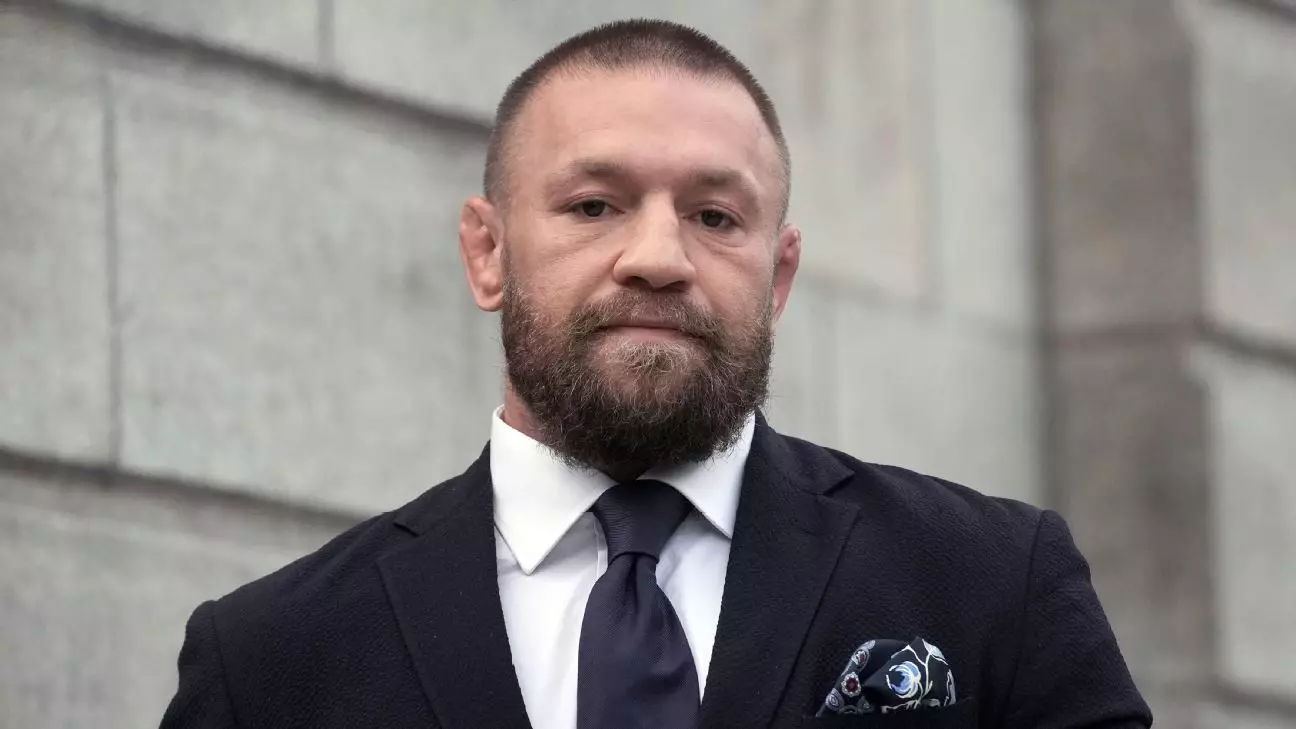Conor McGregor’s recent legal setback underscores a vital shift in societal expectations regarding accountability, especially for public figures. The Irish MMA star’s failed attempt to reverse a civil court ruling reveals not just a legal defeat but also emphasizes the importance of holding personalities accountable for their actions, regardless of their fame. This case demonstrates that notoriety provides no immunity from justice; the court’s rejection of McGregor’s appeal reaffirms that justice applies equally to everyone. Despite his global success in the octagon and a charismatic persona, it appears that the courts are increasingly unwilling to overlook accusations of misconduct simply because of celebrity status. This development is noteworthy, signaling a collective movement towards a more responsible and transparent culture in sports and entertainment.
Legal Strategies and Their Limits in High-Profile Cases
McGregor’s effort to appeal the verdict was ambitious but ultimately futile, highlighting the limitations of legal maneuvering in the face of substantial evidence. His legal team attempted to sway the court using new testimony, claiming witness accounts to challenge the credibility of the victim. However, the court dismissed these tactics, reflecting a clear stance that such arguments lack the weight to overturn evidence-based rulings. The withdrawal of certain arguments, specifically related to witness testimony, suggests a recognition that the case’s core facts are firmly established. This outcome points to a broader truth: in civil cases, especially those rooted in credible testimonies and consistent evidence, the legal system prioritizes truth over attempts to obfuscate or distract. McGregor’s case exemplifies how strategic legal defenses can falter against compelling narratives backed by judicial scrutiny.
Societal Impact and the Reckoning for Athletes
This case is more than just a legal matter; it is a reflection of the ongoing societal reckoning with misconduct in sports and beyond. High-profile athletes, once shielded by their fame, are increasingly vulnerable to the consequences of their actions. McGregor, with his larger-than-life persona and devotee base, endured a stark reality check: fame doesn’t equate to untouchability. The verdict and the court’s decision to dismiss his appeal send a message that athletes are not above the law. Moreover, the case sparks conversations about consent, power dynamics, and the importance of supporting victims. Doing so mainstreams the necessity of accountability and encourages future athletes and public figures to recognize their responsibilities. McGregor’s legal defeat, therefore, is an important call for integrity, reminding us that reputation cannot overshadow the pursuit of justice.
The Road Ahead: From Courtrooms to the UFC Arena
As McGregor’s personal legal battles conclude, his career trajectory remains uncertain. The MMA star hasn’t competed since his leg injury in 2021 and has expressed an interest in returning to the sport. However, this recent incident raises questions about how such off-the-ring issues influence his professional future. Public perception has already been affected, and sponsors or promotional contracts may face scrutiny as well. Nonetheless, the fighter’s ongoing ambitions, such as a potential visit to the White House event in 2026, hint at a complex balancing act—between redemption and reputation management. McGregor’s story is a stark reminder that athletic excellence is no longer enough; athletes must also navigate the legal and ethical landscape with the same diligence they apply to their training. Ultimately, this case exemplifies how societal standards are evolving, demanding more accountability from those in the limelight.

